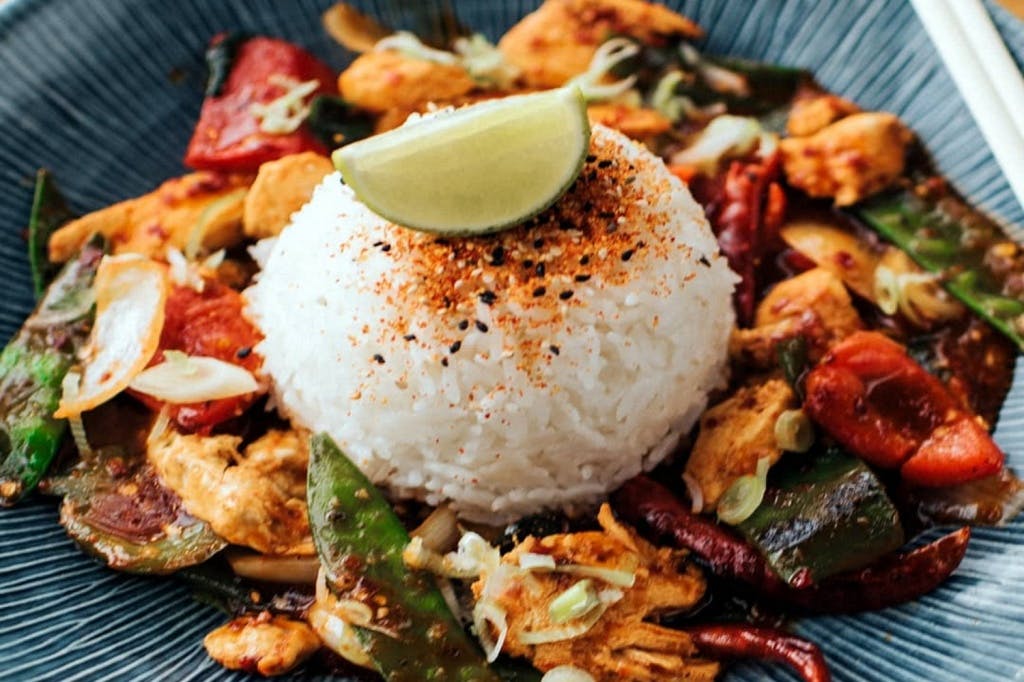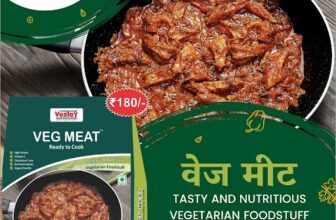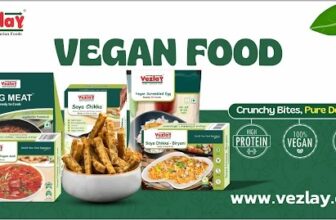
Wagamama, a popular restaurant chain known for its Asian-inspired dishes, has gained a significant following. For many, understanding the halal and haram concept at Wagamama is crucial, especially for those adhering to dietary restrictions based on Islamic law. This article delves into Wagamama’s stance on halal and haram food, providing clarity for customers seeking to make informed dining choices.
What is Halal and Haram?
Definition of Halal
Halal, an Arabic term meaning “permissible,” refers to food and drink that are allowed under Islamic dietary laws. These laws dictate what is permissible for Muslims to consume.
Definition of Haram
Haram, on the other hand, means “forbidden.” Foods and drinks categorized as haram are not allowed for Muslims to consume according to Islamic law.
Wagamama’s Approach to Halal and Haram
Halal Certification
One of the primary concerns for Muslim customers is whether Wagamama’s food is halal certified. As of now, Wagamama does not have a widespread halal certification for its menu items. However, it’s essential to note that the chain ensures high standards in food preparation.
Key Points:
- No widespread halal certification
- High standards in food preparation
Food Preparation Practices
Wagamama follows strict food preparation practices to ensure the highest quality. While their food may not be halal certified, the ingredients are sourced with care, and the kitchen maintains hygiene and quality control.
Practices:
- Sourcing quality ingredients
- Maintaining kitchen hygiene
What Can Muslim Diners Eat at Wagamama?
Vegetarian and Vegan Options
For those concerned about halal certification, Wagamama offers a variety of vegetarian and vegan dishes. These options are free from meat and alcohol, making them suitable for Muslim diners.
Examples:
- Yasai Ramen: Noodles in a vegetable-based broth
- Vegatsu: Vegan version of the popular katsu curry
Seafood Dishes
Seafood is generally considered halal, and Wagamama offers several seafood dishes that can be enjoyed by Muslim customers.
Examples:
- Chilli Squid: Crispy fried squid with a chilli sauce
- Grilled Tuna: Fresh tuna steak with a light seasoning
FAQs About Wagamama and Halal Food
Q1: Is all food at Wagamama halal?
- A: No, Wagamama does not have a widespread halal certification. However, they offer vegetarian, vegan, and seafood options that may be suitable for Muslim diners.
Q2: How can I ensure my food is halal at Wagamama?
- A: Opt for vegetarian, vegan, or seafood dishes to avoid non-halal ingredients.
Q3: Does Wagamama use any haram ingredients?
- A: Some dishes may contain alcohol or non-halal meat, so it’s important to check the menu and ask staff for guidance.
Conclusion
Understanding Wagamama and its halal and haram concept is essential for Muslim diners. While not all food at Wagamama is halal certified, there are plenty of vegetarian, vegan, and seafood options that cater to halal dietary requirements. For more detailed information, visit here.







